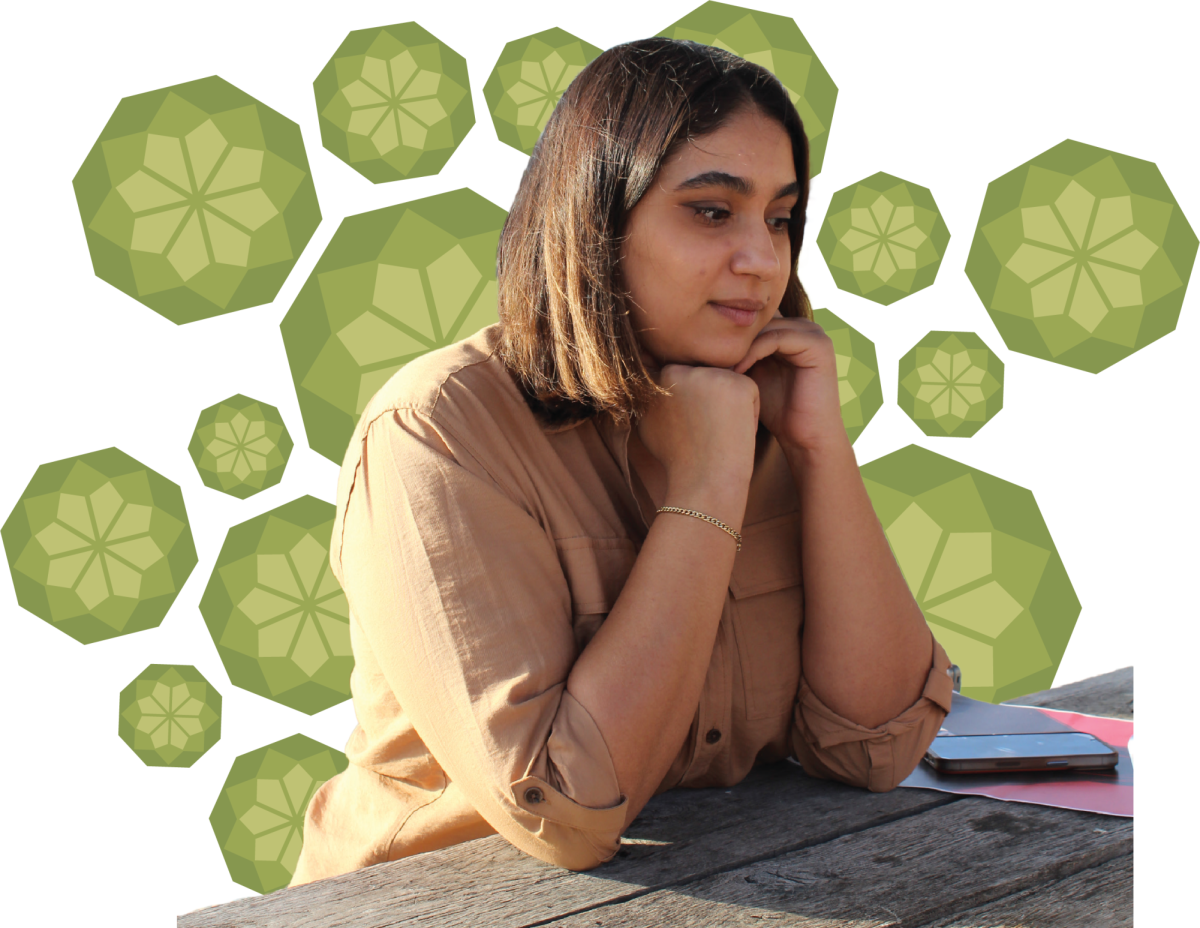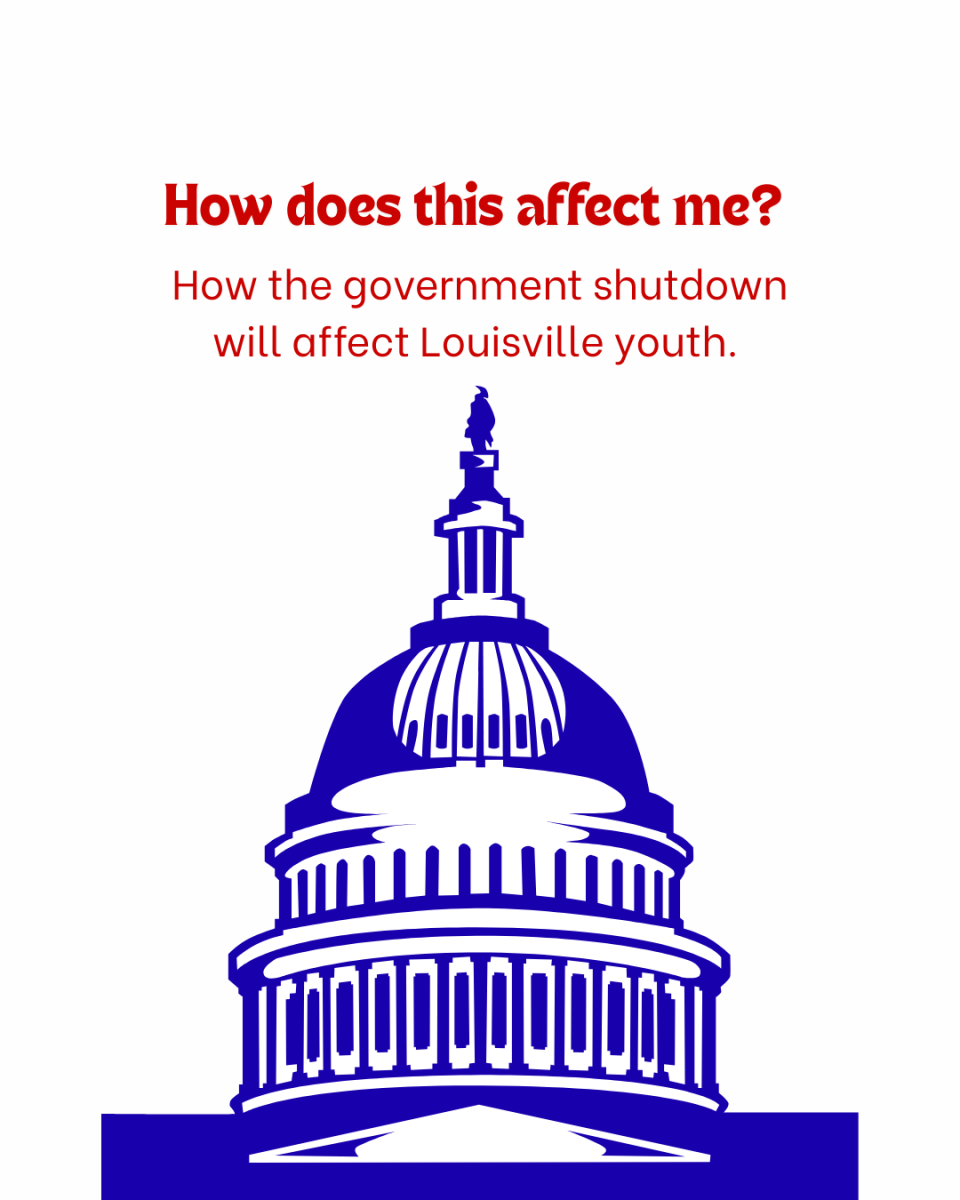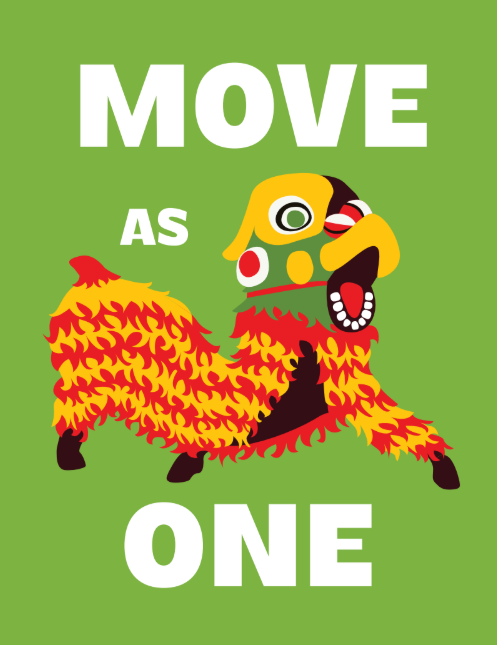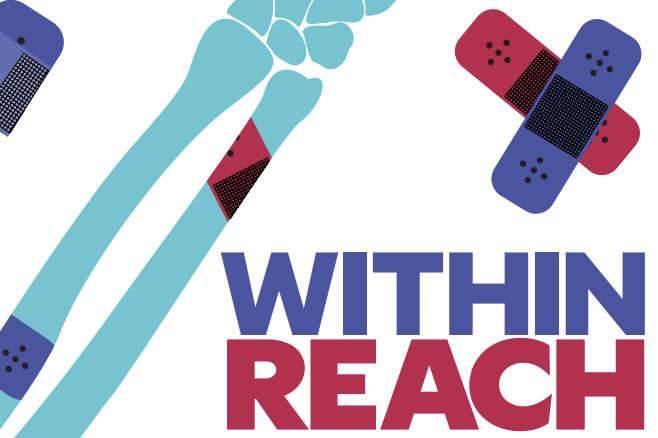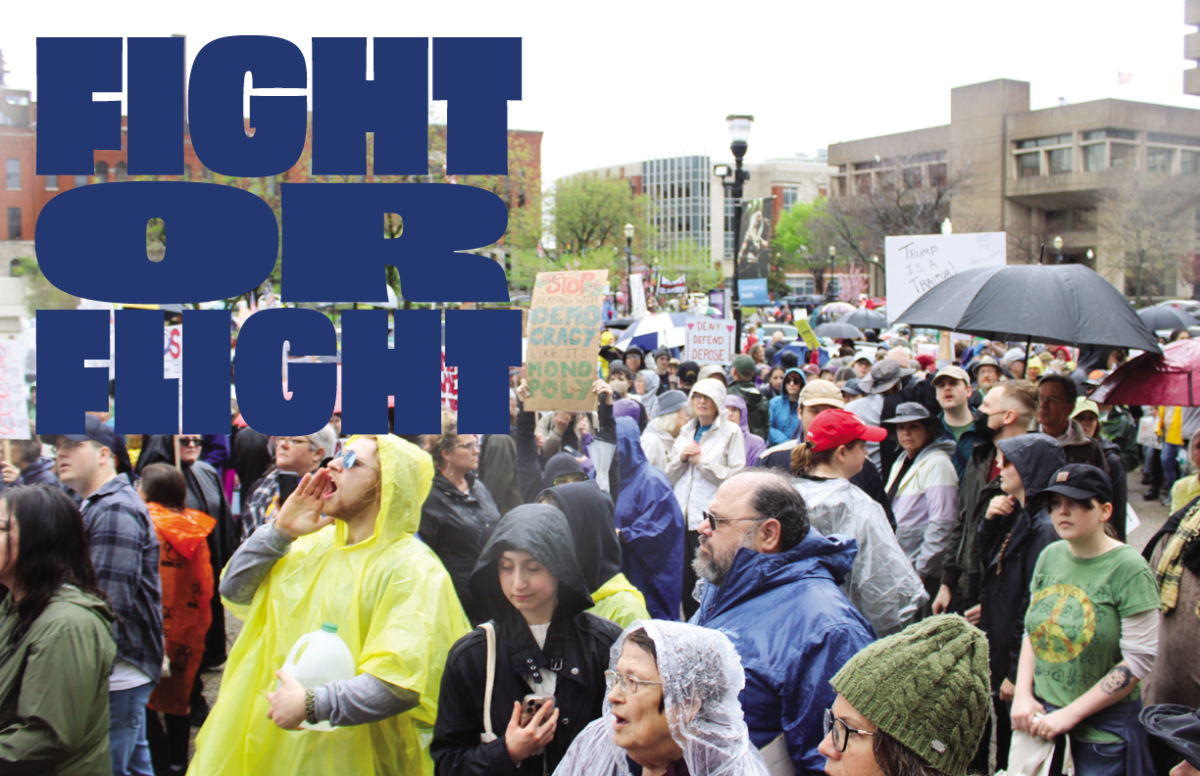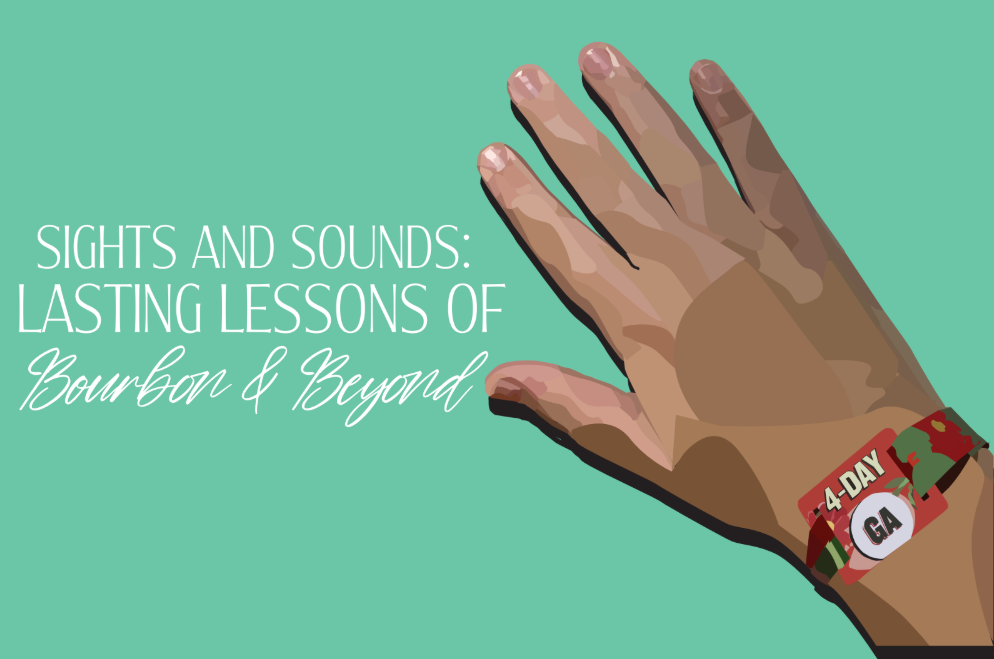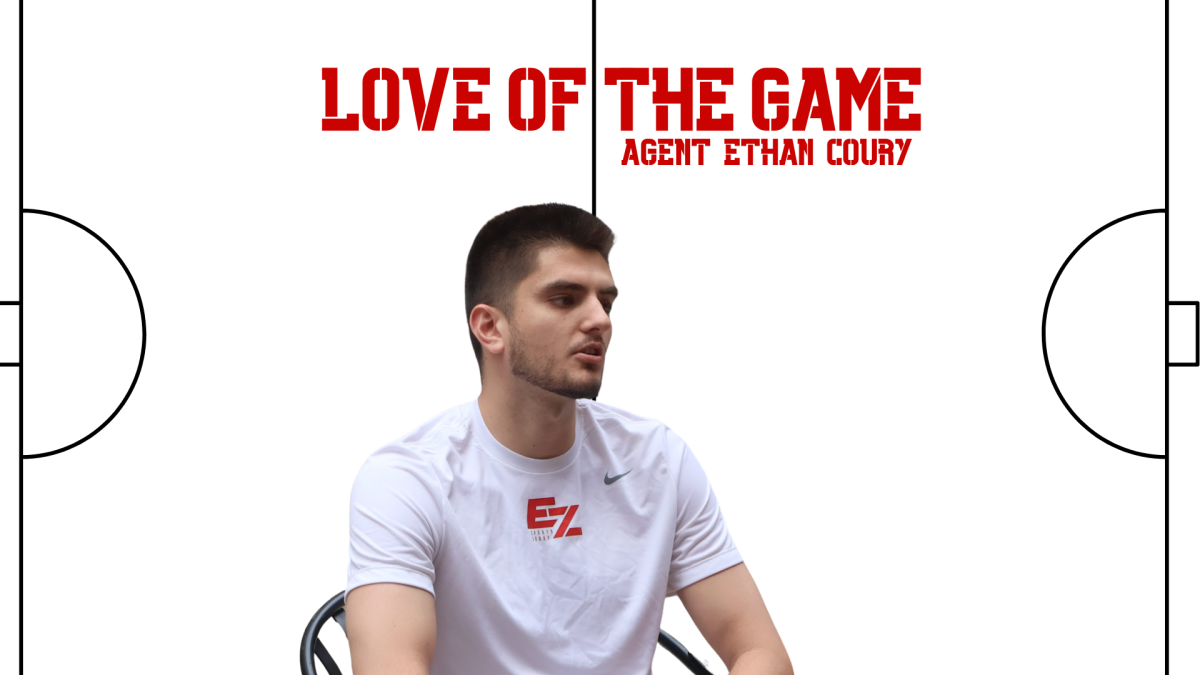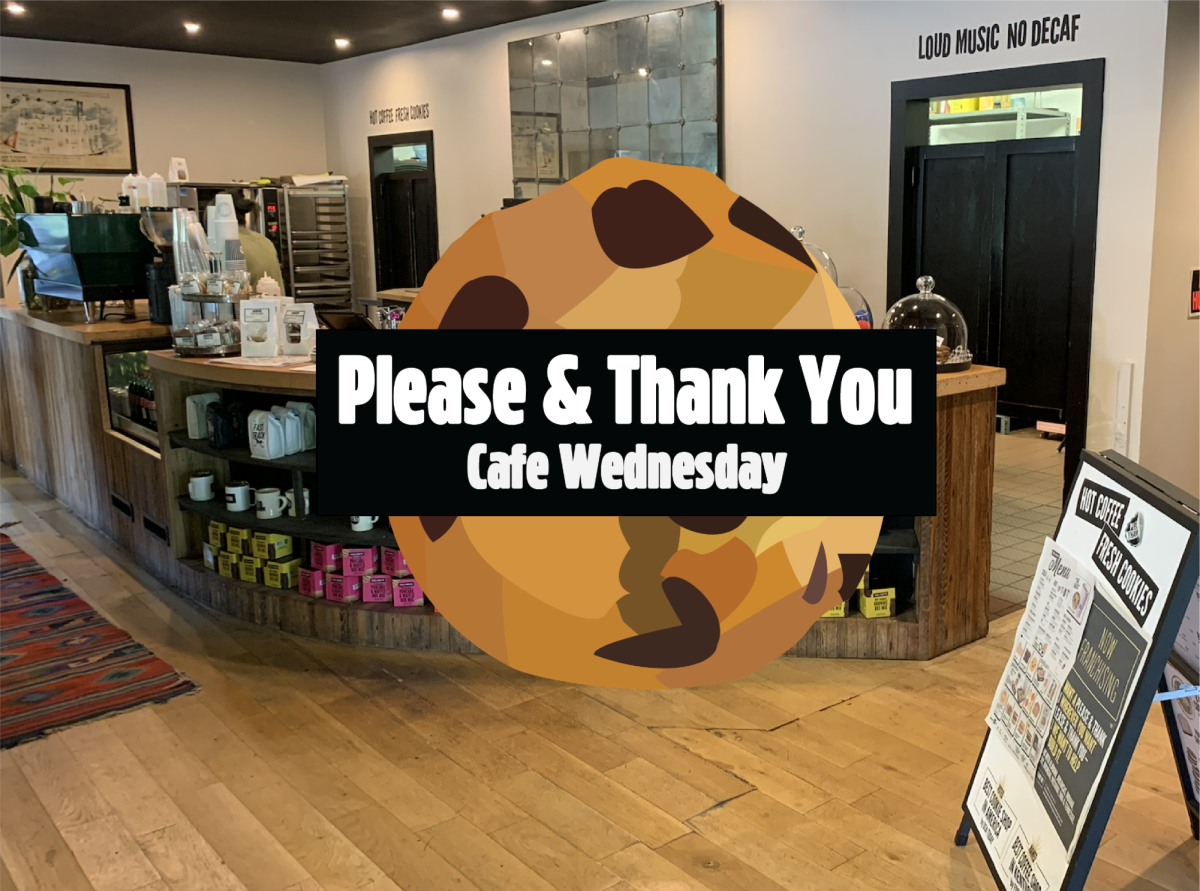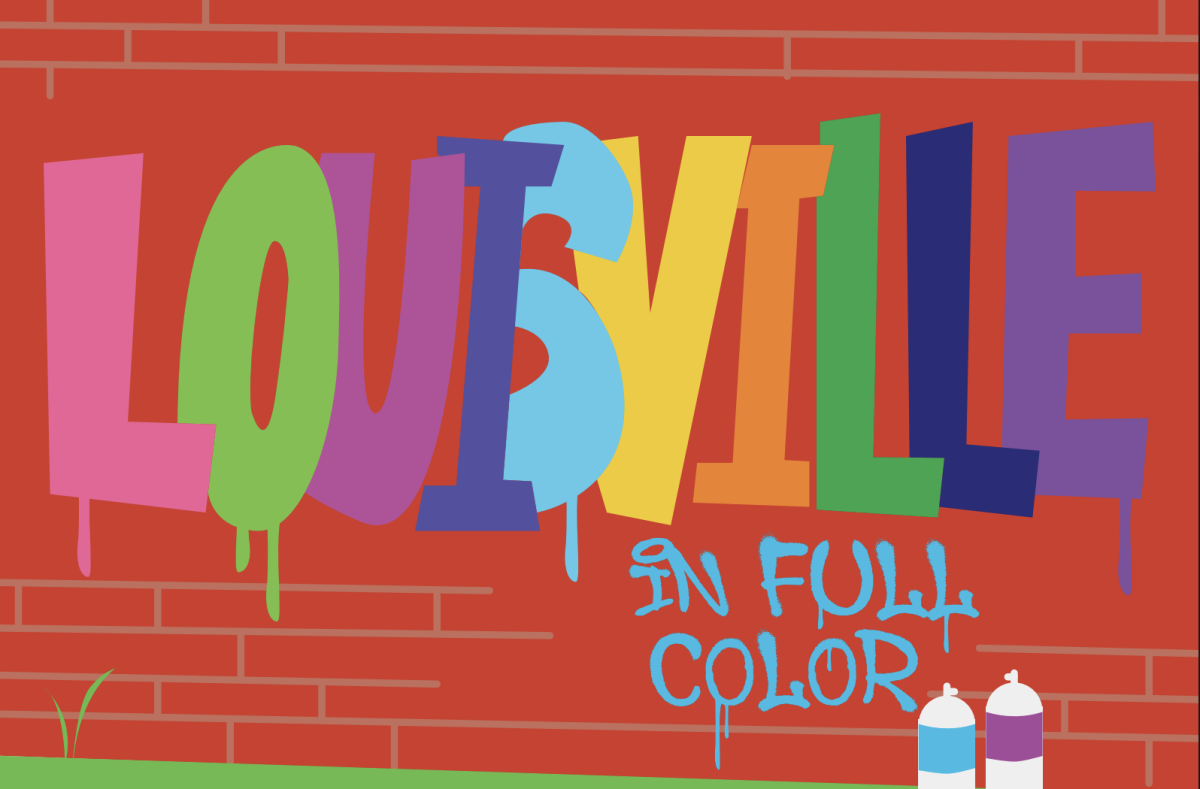Woman: a word that seems incapable of depicting womanhood to its truest extent. A word that encompasses the pain, triumph, and perseverance of women in two syllables. Etched in those five letters lie the stories of mothers, gatherers, suffragettes, queens, factory workers, and daughters.
Woman: a justification for oppression and a rationale for inequality. Often, the struggle for women’s rights is spoken about as a thing of the past. Boxes that our ancestors have checked. As American women, we find comfort in our right to vote, to work, to go to school, to protest, to own property, and to control our lives. However, in recent months, the overturning of Roe v. Wade led to massive movements of women across the United States. Women are protesting, signing petitions, and advocating for their rights tirelessly. We have found, and must continue to find, strength in each other.
However, our nationwide strength continues to face one disabling limit: self-interest. By only focusing on the advancement of women in our home country, we fail to address the worldwide women’s movement in its entirety. In fact, in order to win the fight for women’s rights in one place, we must fight for them across the globe. Unfortunately, a feat like this seems distant and unachievable. I thought so, too. I couldn’t begin to imagine a world where women everywhere connected.
It wasn’t until I received a video in December of my 2-year- old American cousin repeating the Iranian women’s battle cry that I began to believe in the possibility of women supporting each other on a global scale.
I am one-quarter Persian, which is the ethnic background of many Iranians, and I have felt a familial connection to Iran my entire life. My grandfather, born in Iran, immigrated to the United States when he was 18. Soon after, he married my American grandmother and had my uncles and mother.
Then, they moved back to Iran, living through the 1979 Iranian Revolution. At that time, the shah was the leader of Iran. The shah position was passed down through the monarchy, and in 1979, the shah was Mohammad Reza Pahlevi. The 1979 Iranian Revolution, also known as the Islamic Revolution, overthrew Pahlevi and monarchy. The new Supreme Leader of Iran, Ruhollah Khomeini, instituted an Islamic Republic that the current supreme leader, Ali Khamenei, has inherited.
When the war with Iraq began, my family permanently immigrated to the United States, bringing stories and lessons with them. I grew up hearing political tales of Iran that I found difficult to grasp at a young age, but that were subconsciously ingrained into my cultural understanding of my heritage.
Therefore, when my grandpa mentioned the growing unrest in Iran in late September, as someone with Iranian roots, I felt an automatic pull to the cause.
However, my experiences as a woman are what fueled my interest in the protests.
Currently, the Islamic Republic of Iran follows Islamic Sharia, which is a code of living that all Muslims are expected to follow. These conservative, religious norms were solidified into law, specifically in regards to one’s appearance. Over the past couple of decades, the Gasht-e-Ershad, or Iranian morality police, have become increasingly strict toward women who don’t perfectly adhere to Sharia law.
On Sept. 16, the Gasht-e-Ershad arrested and beat 22-year- old Mahsa Amini for wearing a hijab in a manner that did not follow Sharia law. Soon after, she passed away, causing a wave of controversy surrounding the cause of death and official autopsy. Nevertheless, her passing sparked another Iranian revolution. This time, led by women.
“Zan. Zendegi. Azadi,” my cousin said in the video. This is the revolution’s battle cry. It translates directly to “Woman. Life. Freedom.” These words, my grandfather explained to me, are the key to Iran’s liberation. As watched her repeat those words, I was struck by the connection of women worldwide. The same words screamed by hundreds of women at protests, many of which have been arrested or murdered, are being said by a 2-year-old girl in America. We are all connected.
Whether they be a toddler, a mother, or a grandmother, women everywhere are linked through generational oppression due to their ethnicity, gender, or both. While Iranian women fight for their right to freedom thousands of miles away, it is crucial to realize that physicaldistance has no power compared to our community’s support. To do this, I turned to Persian women in Louisville that are working adamantly for a better future for their families and communities in Iran.
Their stories give “woman” a new definition — one of hope, love, and community.
Zan: Woman
Getting arrested was a common occurrence for Niloofar Sabzevari. The first time she was arrested, she did not commit a crime — at least, not by American standards. Instead, as
an eighth grader, she was taken by police for wearing sunglasses.
Sabzevari is an Iranian
American woman who immigrated to America in the 2000s when she was in her early 30s. As a young girl growing up in Iran, she witnessed the oppression of regime rule. While the Iranian government continues to strip freedoms from her family, friends, and other young women in Iran, Sabzevari has made it a mission to share her voice wherever it will be heard. More importantly, she gives Iranian girls and women a platform that is denied to them.
Her first arrest happened in eighth grade on a trip to Tehran, the capital of Iran, with her mother
and relatives. Upon arrival, they were taken into police custody for inappropriate appearances.
“‘You have nail polish? Shame on you,’” Sabzevari said, describing the police’s confrontation.
Police officers pulled Sabzevari off of the streets simply because they perceived her nail polish and eyewear as tempting to men. After being taken, she was urged to sign away her rights to paint her nails and remain modest according to Islamic Law. Her mother tore up the paper. They didn’t get out until midnight.
“It was a torture. I’ll never forget that,” Sabzevari said.
Many more arrests were to come after the first, but Sabzevari would continue to find her way
out. The goal of her life’s work, though, was not to emphasize her amount of jail time spent or protests attended. Rather, it is to expose the harmful social norms of Iran and their consequences.
Iranian girls, she explained, face a level of societal expectations, pressures, and prejudices like no other.
“The regime made it harder because it brought regulations,” Sabzevari said.
As these social norms were cemented into regime law, discrimination against women
skyrocketed. More specifically, concerns of modesty associated with Islam became a priority.
While Islam preaches modesty to both men and women, regulations were skewed toward
women due to century-long justifications of objectification. Because of this, girls are required to begin wearing hijabs at a young age. All women must wear loose clothing to avoid portraying their curves or “female traits.” This is because a female’s biological figure is seen as a form of temptation in Islam. Sabzevari was arrested because her sunglasses and nail polish were too fashionable, and therefore inappropriate. This experience is not limited to her. In Iran, drawing attention to oneself is considered a crime against both the church and state simultaneously.
The effect of such amplified social norms? Shame.
“You always feel shame as a girl, even as a woman, to do something,” Sabzevari said.
The fear of bringing shame upon yourself and your family is what allows the Islamic Republic of Iran to continue enforcing its laws. These beliefs, though, have debilitating effects. Girls grow up with a lack of confidence in not only their physical traits, but their identities. The constant state of being under male control strips away personal liberties at birth.
“They said, ‘If you are a woman, you always need somebody that owns you, and your permission is under them, and always a man should be with you,’” Sabzevari said. “And that was disgusting.”
Because of this, Sabzevari decided she would never have a child in Iran. She couldn’t
risk it being a girl. In fact, after immigrating to America because of unsafe political conditions
at home, she realized that she wouldn’t want a boy in Iran either. Now, as she raises her son in
America, she watches as he loves himself, something she will never take for granted.
As an immigrant, Sabzevari has seen both sides of the equation and is able to compare her past experiences with newer ones. She believes that now, conditions are even worse.
“They want freedom. They want democracy. They want just a normal life,” Sabzevari said.
That is why she, along with two other Iranian women, created the Freedom Hour podcast on WXOX 97.1 FM. On their podcast, they discuss current events of the women’s revolution, share Iranian music, and tell true stories to their viewers. They are ensuring that Iranian voices are heard.
“It doesn’t say American women rights,” Sabzevari said, explaining that the women’s rights movement is not limited to the United States, or for that matter, one singular country at all. It applies everywhere.
The women’s rights move-ment is global and it makes no exceptions. To fight for one, is to fight for all. As Sabzevari does this, she gives the word woman a new definition.
Woman: sharing your voice until it is heard.
Zendegi: Life
Golnoush Esmaeily (20) immigrated from Iran to America as the guardian of her younger sister in 2019 and is currently studying at the University of Louisville (UofL) for her Masters of Business Administration. She joined the Iranian Student Organization (ISO) at UofL in 2020 in the public relations position and has since been promoted to president of the club.
The ISO creates a place for Iranian students at UofL to come together and celebrate holidays, as well as to welcome new students. Furthermore, the club is open to all students at UofL. Esmaeily noted that many Persian and non- Persian students alike joined to learn more about Persian culture.
“At the end of the day, it’s important to know where someone is coming from,” Esmaeily said.
And it goes both ways. Growing up, Esmaeily had a clouded view of what America looked like for women. After arriving in America, she realized that despite improvements, it was not as perfect as she once imagined. The same clouded views exist for Americans toward Iran.
“Iran is not always what you see in the movies,” Esmaeily said.
She explained that incorrect depictions of Iran in American cinema, such as stereotypical scenes of deserts in places that are, in reality, urban, cause misconceptions about the country. Moreover, American news often fails to cover Iran’s issues entirely.
For Iranian and American students at UofL, being a part of ISO furthers students’ interpretation of Iranian.
“It’s going to be somewhere between, so you are neither American nor Iranian,” Esmaeily explained. Arrival at this balance requires time, effort, and a supportive community. Once reached, it has the power to change the conversation. Recently, the ISO has taken a new direction of working closely with similar Louisville organizations to aid the women’s revolution in Iran. “And that’s why I said, even though you’re here, doesn’t mean that you’re no longer Persian. Like, you feel more connected,” Esmaeily said.
She explained the personal turmoil associated with being miles away from friends and family and not knowing how to help. Esmaeily texts her friends every night to check on them after protests. She receives images of them getting beaten. She learns of them getting shot,
arrested, and in the worst cases, sentenced for execution.
Coming to America may have increased her distance, but it did not decrease her passion. Esmaeily explained that celebrating Persian holidays is more important for her in America than it ever was growing up in Iran. It is a way to feel connected despite the distance.
“So I need to celebrate them. I need to be with other people during those days,” Esmaeily said.
Organizing celebrations within the ISO is more than a party. It is a time for the entire Iranian community at UofL to find strength in each other, share their voices, and connect to their culture.
Life: something celebrated.
Azadi: Freedom
“This time it will have an end. Yeah, it will have an end,” Sabzevari said.
Despite the years of oppression, Iranian women both in and outside of Iran are hopeful. They are bringing strength in numbers. Women are taking to the streets in the hundreds and thousands, ripping off their hijabs, cutting their hair, and chanting their war cry against the regime. The culture of intimidation, fear, and shame on which the regime has thrived are being not only questioned, but attacked.
People worldwide are creating online communities, such as Twitter groups, to plan and publicize protests. Teenage girls in Iran beg organizers online to schedule protests before 10 p.m., or they can’t leave their houses. Everyone is playing a part.
“We even want freedom or death because it’s how long do you want to live like a slave? You
know? Especially girls, especially girls,” Sabzevari said.
Girls of every age are stepping up because they are stronger together, but why should it only be in Iran? The need for women’s rights is worldwide; therefore, the problem should be tackled as such. By isolating political and social issues to their location or ethnicity, we overlook similarities that are right under our noses. If the women are uniting locally, it’s time to do the same globally.
“Instead of telling, ‘Oh, sorry for what’s happening to your family,’ No. Hold my hand,” Sabzevari said.
She expressed that in order to help Iranian women in their time of need, Americans must stop simply sympathizing and start acting.
In Esmaeily’s case, this looks like organizing Persian cultural events that foster a supportive community for Persian men and women to celebrate their traditions. Her efforts work to involve American community members and educate them on Iranian culture and current events. By bridging the cultural and physical gap of Americans and Persians, Esmaeily and her organization are paving the way for future cooperation.
Sabzevari, on the other hand, is dedicated to sharing stories that go untold. Stories that aren’t circulated in the media. Stories of men and women that have been arrested, killed, or have gone missing. Stories that we need to know. Her investigations and experiences educate her listeners, followers, colleagues, and community leaders of new, first-hand developments of Iran’s current situation.
Most importantly, Sabzevari explained that it is in the hands of the youth. Young Iranian women started the revolution, and as it continues to progress, they need a global society behind them to finish it.
“They are my leaders. The reason that I’m here, I support them and I’m gonna go all the way to the end until they win,” Sabzevari said. Freedom: achievable. •


